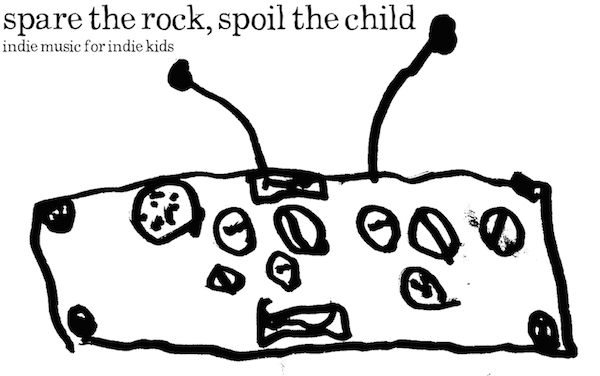Chalkboards
May 29
(Note: I’m re-posting this in January 2014. It has appeared a couple of places, both in a note on Facebook and in our local newspaper in Northampton, but neither of those are now accessible. As people who know me already know, my dad died three weeks later, on June 21, 2009 (Fathers’ Day!). Other posts I’ve written about him are linked to at the end of this one.)
Friday, May 29, 2009, 7:30 am
We had a chalkboard in our dining room.
It took a while for me to realize that this was unusual. Even after going to lots of other kids’ houses, it still seemed fairly ordinary, until someone (no doubt someone chalkboard-deprived) asked me about it. Evidently not every family had dinner conversations that regularly – frequently – required charts or drawings to explain. We did, and so there was a big green chalkboard dominating one wall of the dining room on Harris Drive in Bartlesville, Oklahoma.
I’ve been thinking about that chalkboard a lot the last couple of days. I’m writing this on Friday, May 29. On Wednesday morning, I was in my office at the law school, packing up for the move to the deans’ suite for my new job. Along with packing boxes of books and decorations and toys, I took the chalkboard off the wall to move downstairs.
The chalkboard made the move with the family from Oklahoma to Minnesota back in 1983, but there was no appropriate wall for it, so it lived in the basement. I took it with me to college, and then it was with me in law school, and it was on my wall through my time in practice in D.C., and it’s been on my wall of my office at the law school since I started there in 2004.
I usually use the chalkboard-in-the-dining-room concept for laughs. But as I took it off of the wall of my office, and erased it – ideas for articles, explanations of torts doctrine from office hours, my kids’ doodles, and so on – I thought, just for a bit, about how the oddity of a chalkboard in the dining room had affected me. Not that I think it is exclusively responsible for, well, anything in my life except for some chalk dust on my clothes, but it is indicative of how we were raised: to ask questions, to learn, to challenge, to always – always – think.
On Wednesday afternoon (my cell phone “recent calls” listing tells me it was at 4:32), not long after coming home from packing the office and taking the kids to their violin lessons, I got a call from my mom, telling me that my dad has pancreatic cancer.
After a moment of shock, my reaction – and I expect the rest of the family’s – was to sit down and research pancreatic cancer. I (and I bet my siblings) found the Mayo Clinic’s site, we found the site about the chemo treatment that looked promising post-surgery (we don’t know as of this writing whether surgery will be an option), we probably all giggled, and then felt a little bad for giggling, at the name of the surgery (“The Whipple Procedure” – c’mon, you giggled a little too).
Back to the phone call, though. After telling me the news and a quick overview, my mom handed the phone to my dad.
After pleasantries and such and a brief acknowledgment of the diagnosis, he turned to what he was really wanting to talk about, which was not his diagnosis or prognosis – no, he wanted to talk about a global warming skeptic’s column that had been published by the local paper in northwest Arkansas. As usual, he’s going through multiple iterations of a response to the column’s silliness, with challenges interspersed into the copied-and-pasted text of the article. We talked about how best to try to get his response out there, where the author had gone wrong in his assumptions and his thinking, and so on.
Always think, always challenge. That’s what the chalkboard was about, at least in part. (To be fair, we also used it for messages.) That’s what he’s taught his kids and grandkids, to the extent that I have a graph on my desk from my daughter and him testing the widespread (but, they showed, wrong) notion that hot water freezes faster than cold water.
And thinking and challenging is what we’ll be doing with whatever comes.
Other relevant posts:
- W. Ves. Childs (2009-06-24)
- More Light (2009-12-22)
- Father’s Day (2010-06-20)
- Science and Solstices (2012-06-21)
- Notes (2013-12-02)

